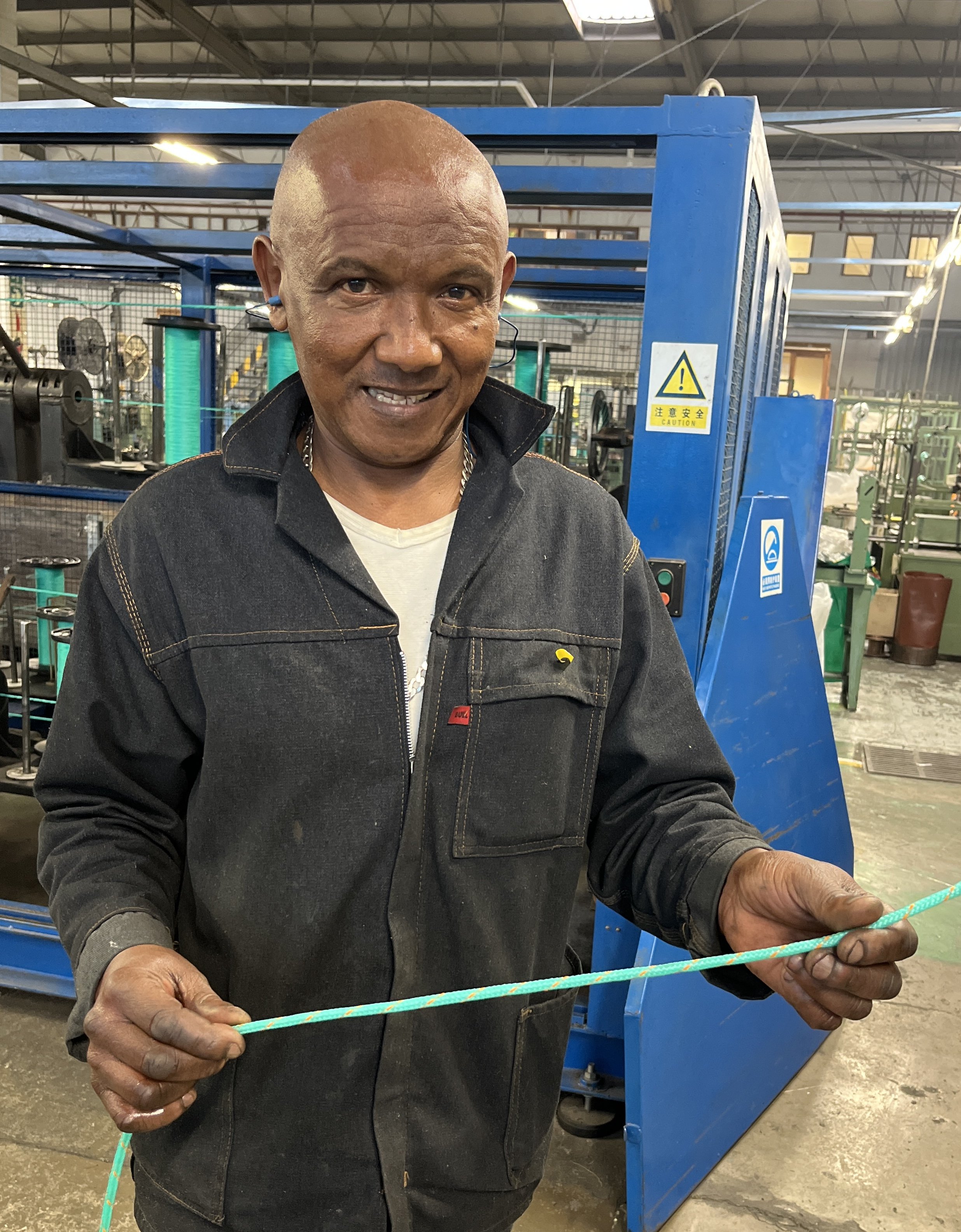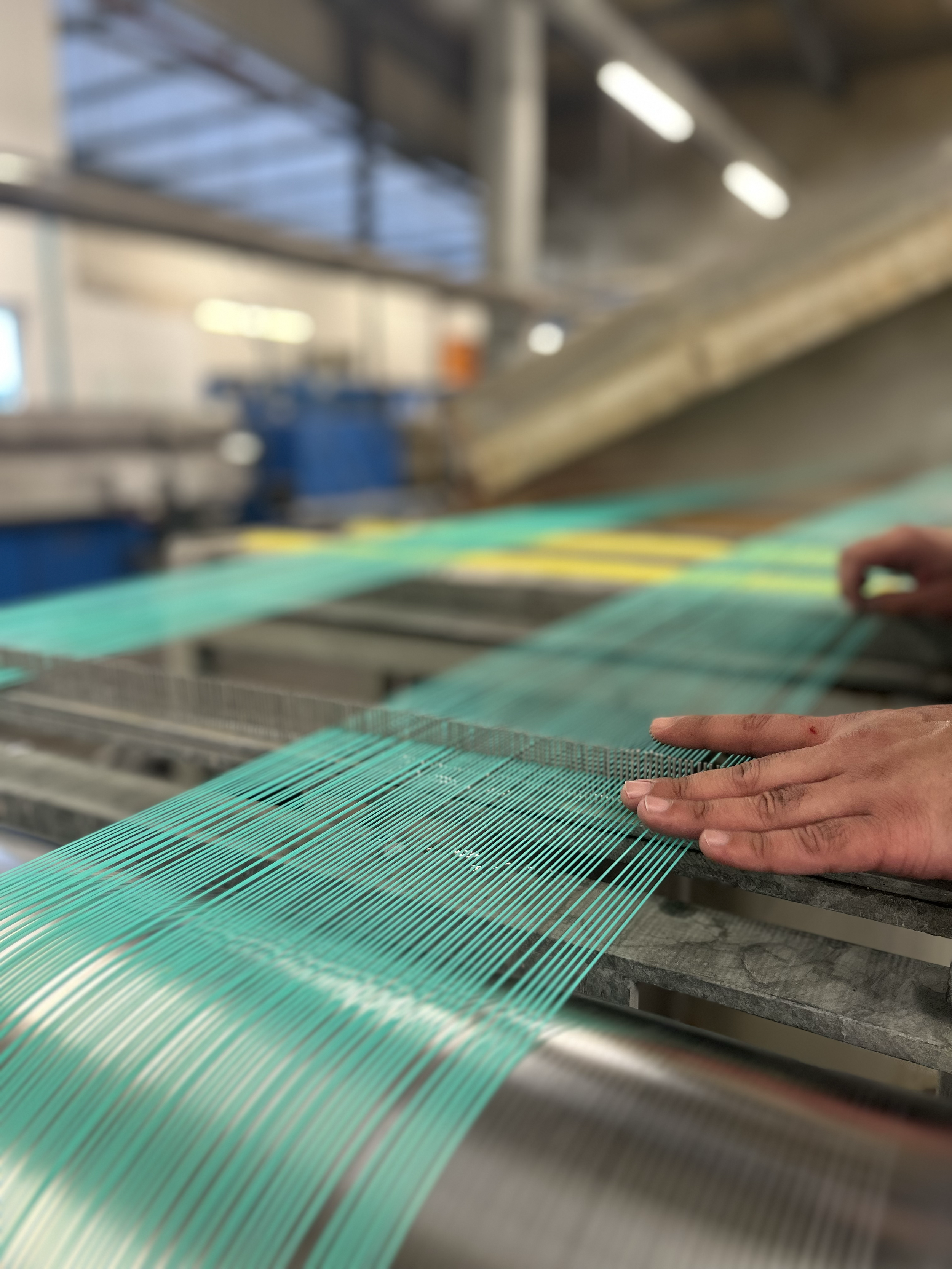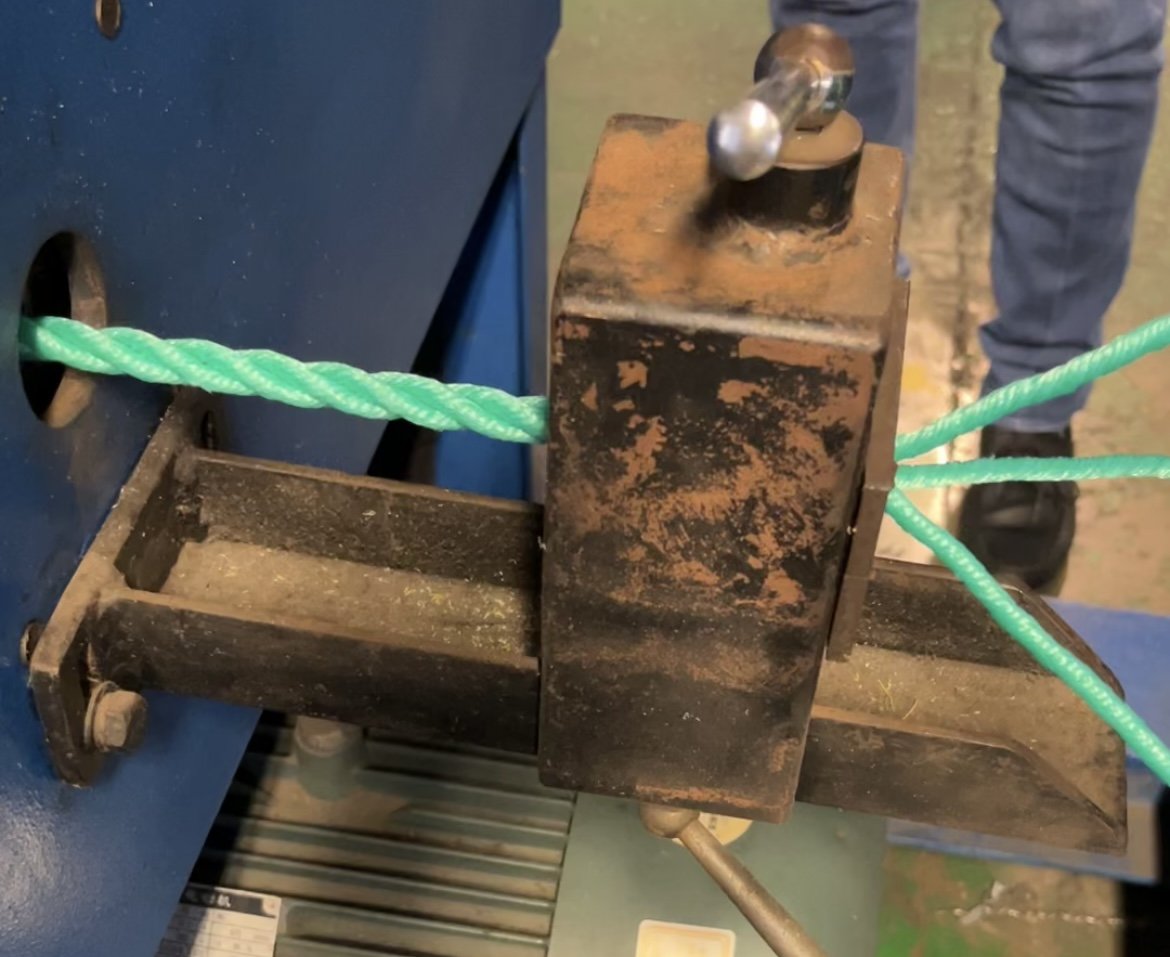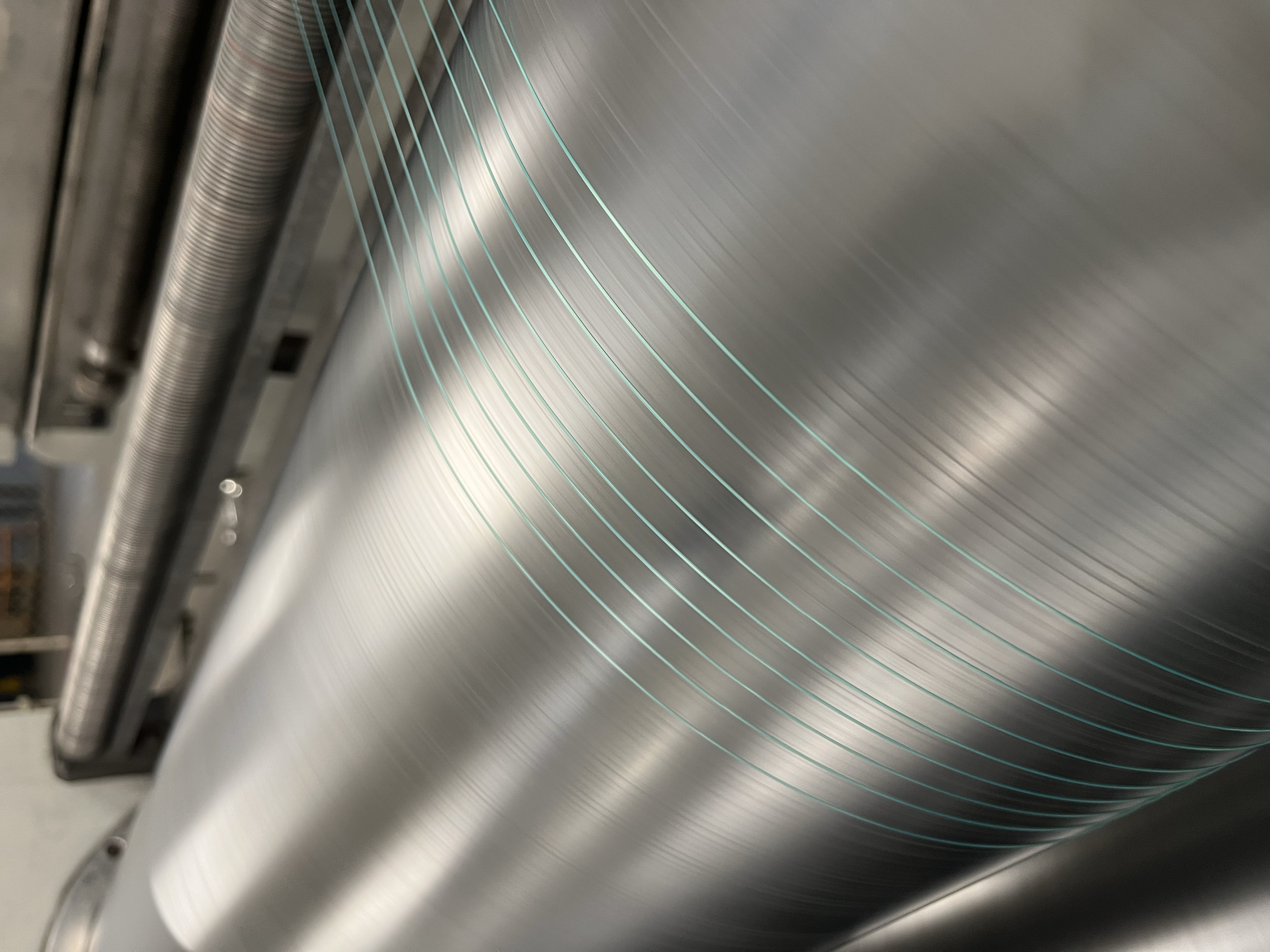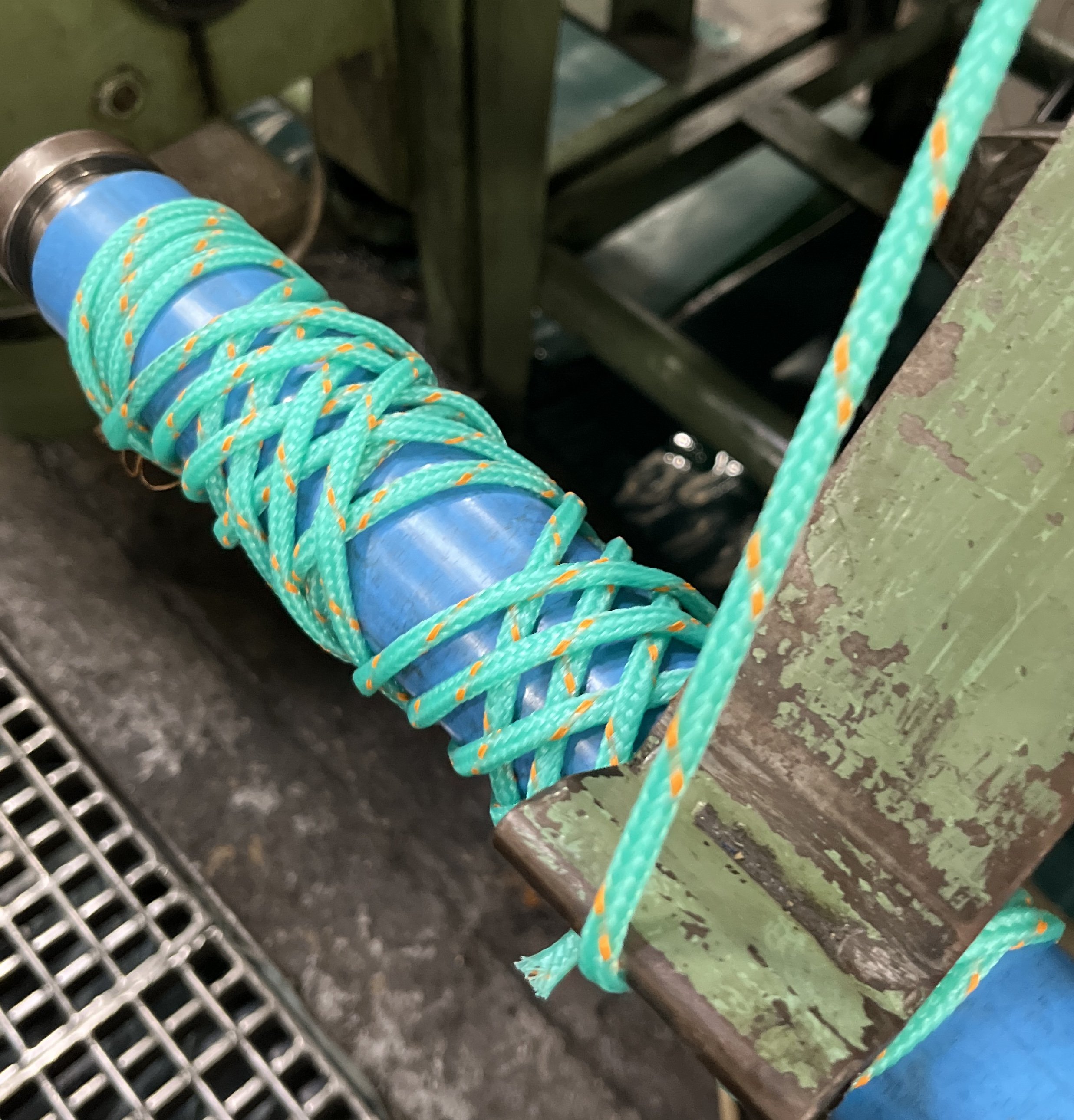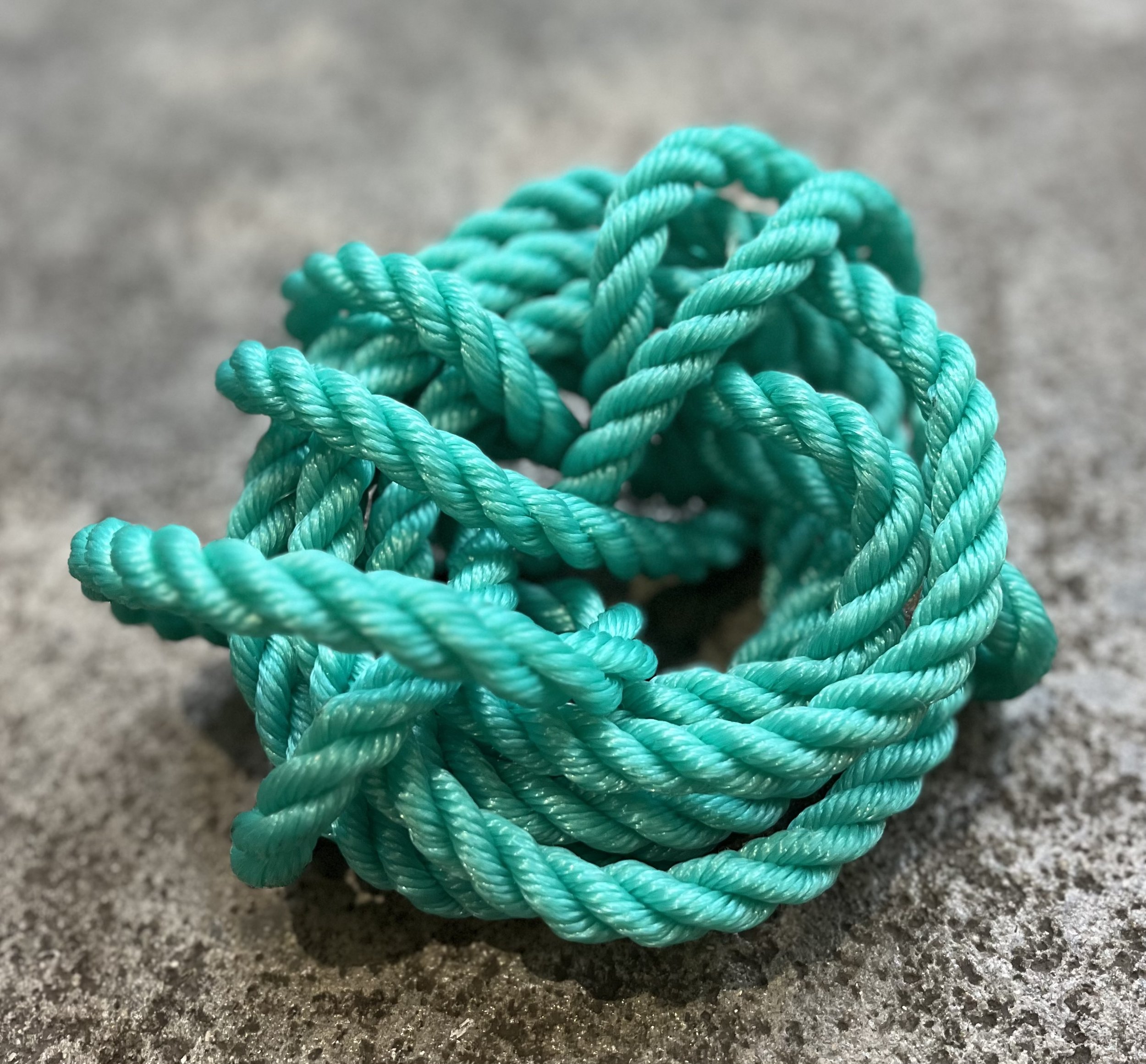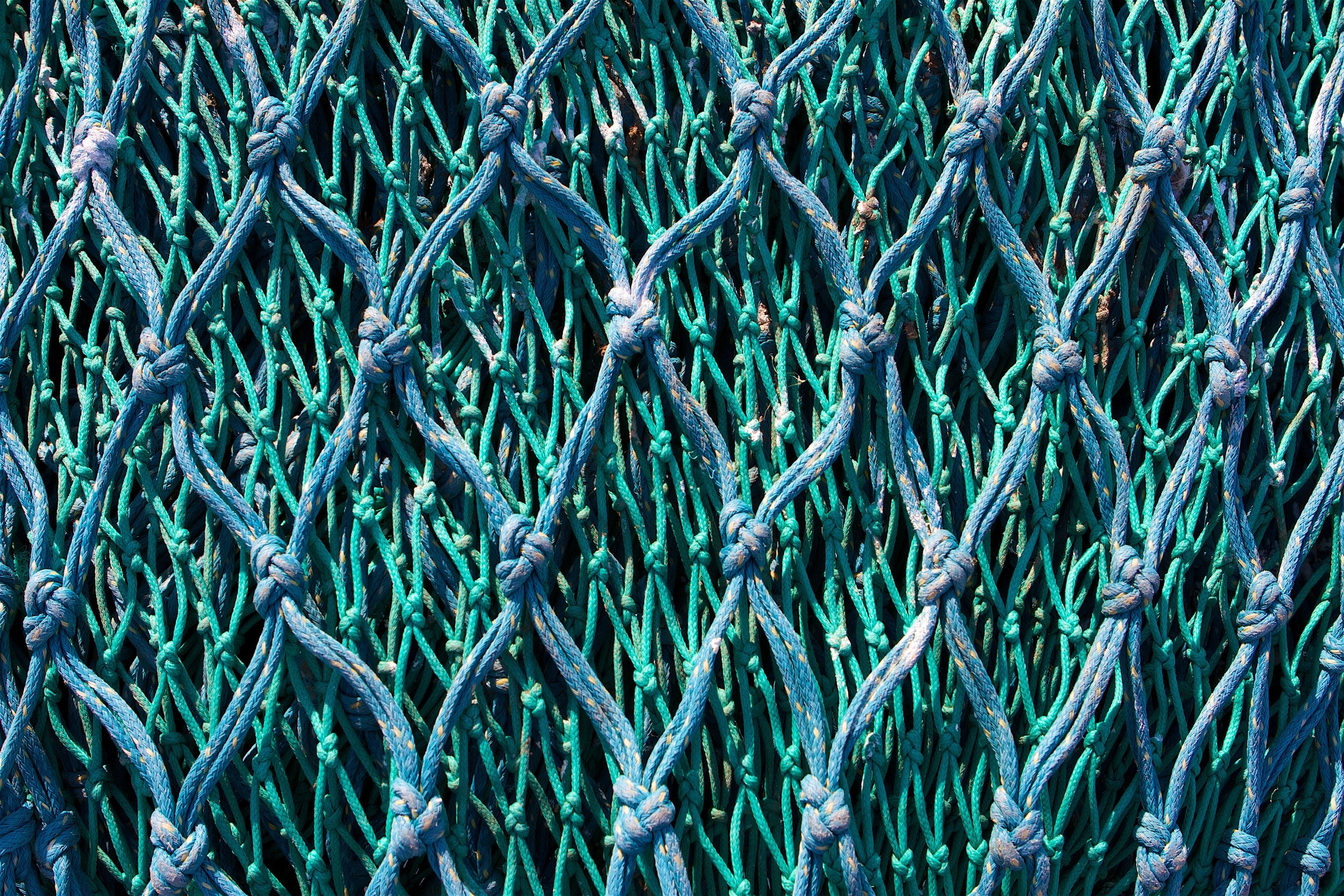Our Journey
Catchgreen’s project inception was in January 2022. Since then, we have come a long way. However, combating ghost fishing and plastics pollution in our oceans is no small task. Explore our project activities below to keep up to date with our progress.
Material Development
Catchgreen's biodegradable plastic has been researched and developed by Swedish-based GAIA Biomaterials. Biodolomer®Ocean is a mix of biobased polymers. These compostable and biodegradable materials offer a balance between strength and flexibility. They are designed with mono-extrusion and subsequent spinning of thread in mind. In addition, the material is non-toxic and has the potential to biodegrade in a marine environment where it breaks down to water, carbon dioxide, and biomass with zero microplastics or toxins. Biodegradation in marine environments being tested by Norweigan research organisation SINTEF, to confirm that the material and subsequent fishing nets comply with agreed requirements and environmental standards. A Life Cycle Analysis on biodegradable fishing nets is undertaken by South African based The Green House. See our report on the material development of Biodolomer Ocean.
Piloting
Catchgreen’s biodegradable fishing nets are being piloted in Kenyan and South African waters. These tests have oversight and assistance from governments, the fishing industry, and local marine research institutions. Initial pilots in 2023 will confirm the fishing efficiency of trawl and gillnets as well as the suitability of our biodegradable ropes and nets for coral restoration, seaweed, and kelp harvesting.
Policy & Advocacy
Catchgreen supports global efforts on solving the problems of ghost fishing, and plastic pollution worldwide. We believe that part of the solution is the introduction and piloting of biodegradable fishing nets as an alternative to traditional fishing nets. The project is working with organisations such as the Food and Agriculture Organisation (FAO) and the Marine Stewardship Council (MSC) to include biodegradable fishing nets as a criterion for accreditation and with governments and the private sector to expand and improve waste management of old fishing nets to include composting.
Market
Our piloted, tested, and “eco-labelled” Catchgreen fishing nets will be commercially available by 2024. Catchgreen has two approaches to making its nets available to the market. The first is a conventional approach where fishers can purchase our nets at market value. The second is a blended financing model, which focuses on providing access to biodegradable fishing nets to subsistence fisheries in the global south. The project is working with plastic-free deployment indicators and development finance to fund biodegradable fishing nets for small-scale fishers in East Africa.
Made by Africa, for the World.

